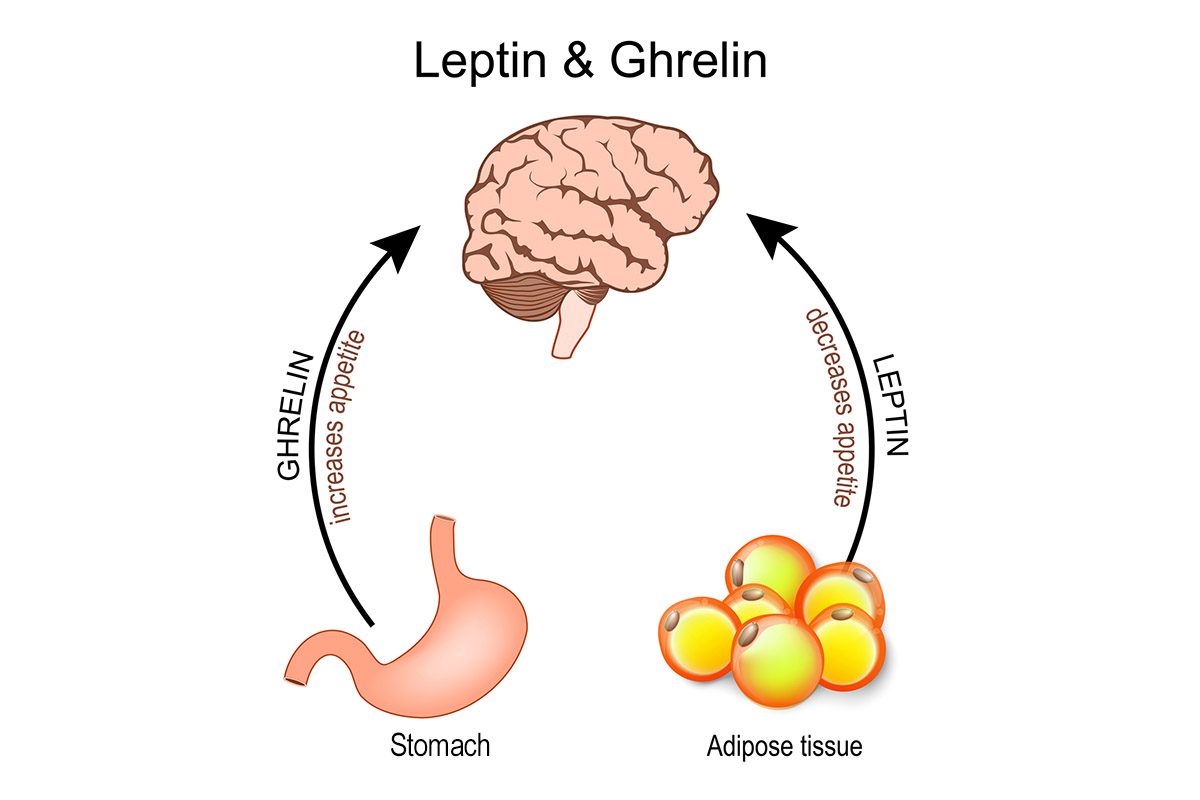Background: This study assessed the long-term effectiveness and tolerability of topiramate in binge-eating disorder (BED) with obesity.
Method: Sixty-one patients with BED (DSM-IV-TR criteria) and obesity enrolled in a 14-week, single-center, randomized, double-blind, placebo-controlled study. Completers (N = 35) were offered participation in a 42-week, open-label extension trial of topiramate. Fifteen patients who received topiramate and 16 patients who received placebo in the double-blind study entered the open-label trial. Topiramate was titrated from 25 mg/day to a maximum of 600 mg/day. The primary endpoint was change from baseline to final visit in weekly binge frequency using the last observation carried forward for all patients who received topiramate. Baseline for patients receiving double-blind topiramate was the beginning of the controlled study; for patients receiving placebo, baseline was the beginning of the open-label trial. Open-label data were gathered from December 1998 to November 2000.
Results: Forty-four patients (31 who received topiramate in the open-label trial plus 13 who received topiramate in the double-blind study only) received at least 1 dose of topiramate; 43 patients provided outcome measures at a median final dose of 250 mg/day. Mean weekly binge frequency declined significantly from baseline to final visit for all 43 patients (-3.2; p < .001), for the 15 patients who received topiramate during the controlled and open-label studies (-4.0; p < .001), and for the 15 patients who received topiramate only during the open-label trial (-2.5; p = .044). Patients also exhibited statistically significant reduction in body weight. The most common reasons for topiramate discontinuation were protocol nonadherence (N = 17) and adverse events (N = 14).
Conclusion: Topiramate treatment was associated with enduring improvement in some patients with BED and obesity but was also associated with a high discontinuation rate.
Please sign in or purchase this PDF for $40.00.
Save
Cite



